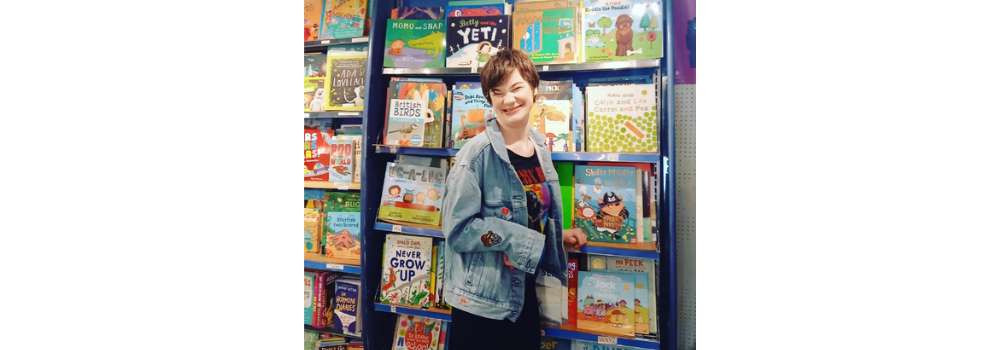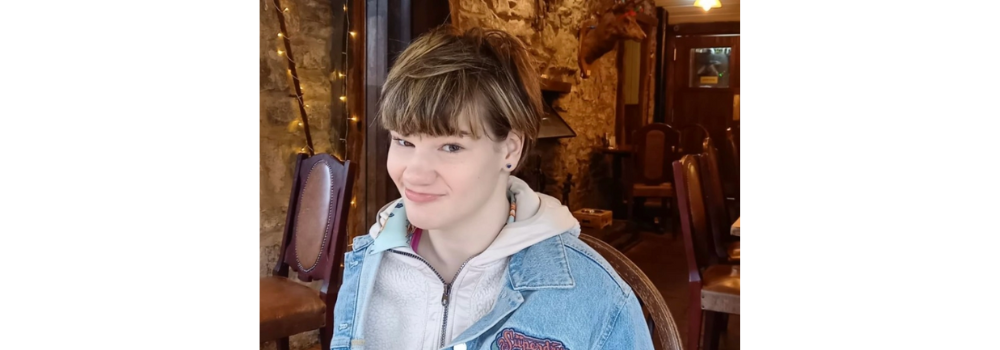As part of Cerebral Palsy Awareness Month, Guinni shares her story of being an adult with cerebral palsy and experiencing anxiety.
So I’m an adult now and cerebral palsy hits differently than it did when I was a kid. There are no regular doctors’ visits or physio sessions – no one worries about growth-spurts and leg lengths any more. I don’t get called names in the playground, (not that I’m aware of anyhow.. though I did recently find a note in a social area that read ‘Ms Baker leans and walks.’ I’m a depute head teacher in a secondary school and you bet I do, wee yin! Thanks for noticing!), I’m pretty aware of what I can and can’t do and moderate as needs be. The children in school almost instinctively swirl round me on stairwells, ensuring I always have my trusty bannister to my right and family, friends and colleagues are amazingly supportive and understanding. What I find difficult can mean that someone else takes on a little bit more and its so appreciated. So many little points of assistance in familiar spaces with familiar faces which make you feel comfortable and – I don’t know how else to say it – normal.
I wanted to talk about anxiety in this blog. It’s been a huge and, at times, pretty crippling part of my life. I had a complete breakdown around twenty years ago and had two awful years recovering from it. I didn’t even know what anxiety was at the time but I could barely function and genuinely felt I was losing my grip on life completely. Looking back now I can see that what happened then wasn’t isolated. But I had no knowledge or understanding – just fear.
I couldn’t do my hair as a teenager. It drove me crazy. I was 16 before I successful managed a ponytail and that’s still about the most I can do with it. The frustration and upset of that was out of all proportion to what I was trying to do but hours in front of the mirror and a hairbrush that got chucked across the room was not unusual. (Shout out to my two sisters who were always happy to save the day, the mirror and my sanity lol)
I recently had an adult assessment at Cerebral Palsy Scotland and asked them about the link between cp and anxiety. Was there one? The physiotherapist said that I have to work harder to get to the baseline of daily activities and over time that can cause stresses and anxiety. This really hit home for me. I don’t like change – never have but I started to wonder if this could go some way to explaining that? Staying in familiar circumstances means I don’t need to rev so hard to get by – in familiar places and surroundings I know what to do. I don’t need to wonder if I’m going to hit a wall; get stuck; can’t do it; need help in an unfamiliar place with unfamiliar people. That’s no way to go through life though and I do fight it as much as I can. I especially hate travel – that just seems to click all my cp buttons. I like being places though so every holiday planned is a love/hate/fear three act play. Never regretted going anywhere though!
I went through the worst of it before having my children – and I’m so glad I did. Having children is such a physical endeavour – in every way – and I found a lot of it painstaking! 52 poppers to change nappy / vest / baby grow. I wouldn’t bathe either of them as babies- my husband did it until they could sit up and don’t even start me on car seats and buggies!! My son, as a baby, would instinctively roll towards my dominant hand when I went to lift him from his cot. That always made me smile.
They are both now teenagers and help me in so many ways daily. My daughter stopped me from referring to my ‘bad hand’. She said I shouldn’t talk about it that way.
So now as an adult the challenges are different. I don’t want to restrict myself because I’m scared I can’t do something immediately and comfortably. No one ever said no when I asked for help and no one should ever feel too proud to ask for help when they need it – whether it’s carrying drinks back from the bar or talking about mental health – there’s always someone who will listen and move you on a little.
In the last year I’ve tried to take far more pride in what I can do rather than focus on what I can’t. I feel more connected to my body and I try to develop that connection in the gym and on walks so I can take pride in the progress I make (feeling wee, hard muscles on my cp side following my shaky efforts in the gym gives me total joy!). So for my final blog of CP Awareness Month I’m going to leave you with my top tips:
- Develop what you can – maintain what you can. Move as much as you can.
- Take help when you need it – don’t avoid experience and never make a decision based on fear
- Talk about mental health. Saying you’re feeling anxious today should be as natural as saying ‘ you’re getting cold’.
- Get in touch with CP Scotland. Their support, warmth, knowledge and kindness is amazing
- And finally, always carry hand gel if bannisters are a necessity for you lol
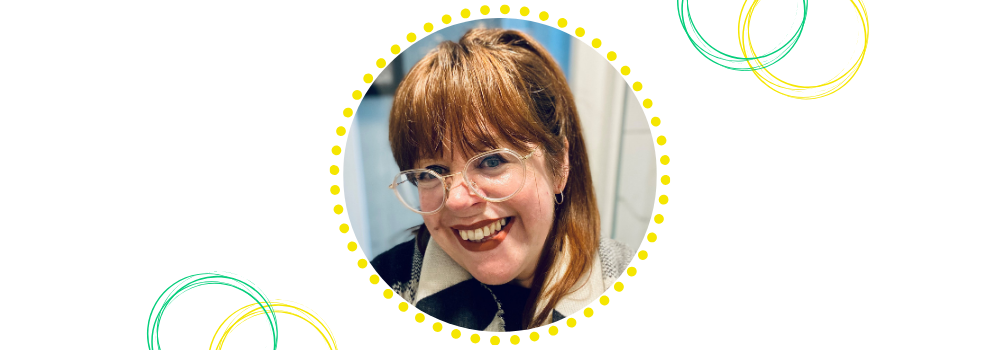
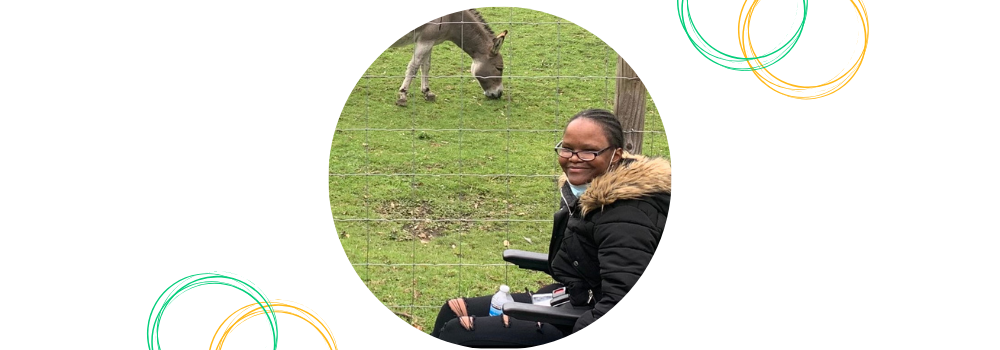
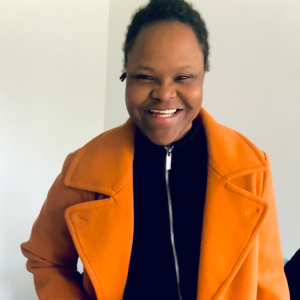 Hello, My name is Ruthanne Miller, I’m 26 years old and I am from London, I have Diplegia, cerebral palsy.
Hello, My name is Ruthanne Miller, I’m 26 years old and I am from London, I have Diplegia, cerebral palsy.
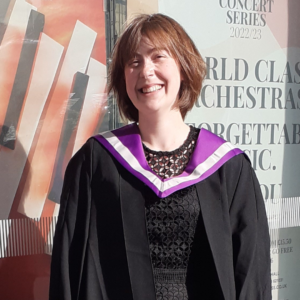
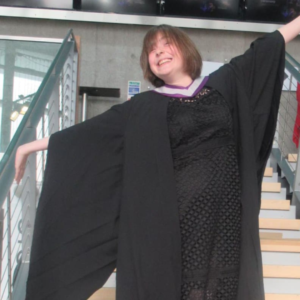 me doubt myself. I became extremely anxious about going to school which ended up effecting my mental and physical health. This had an effect on my exam results to which I failed most of my exams.
me doubt myself. I became extremely anxious about going to school which ended up effecting my mental and physical health. This had an effect on my exam results to which I failed most of my exams.